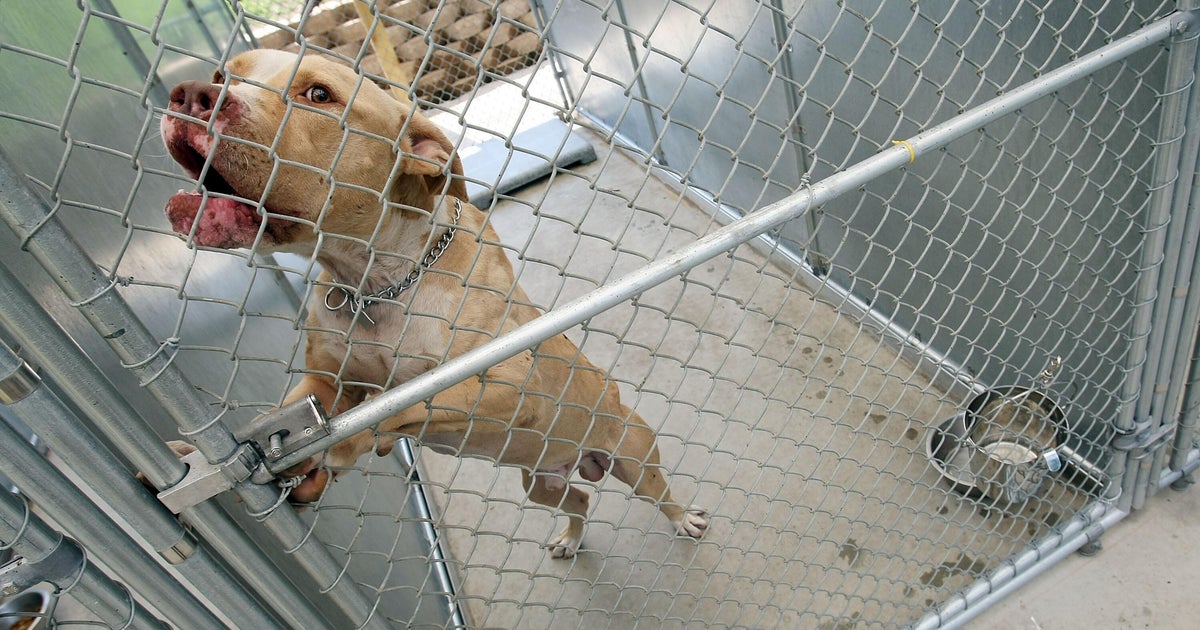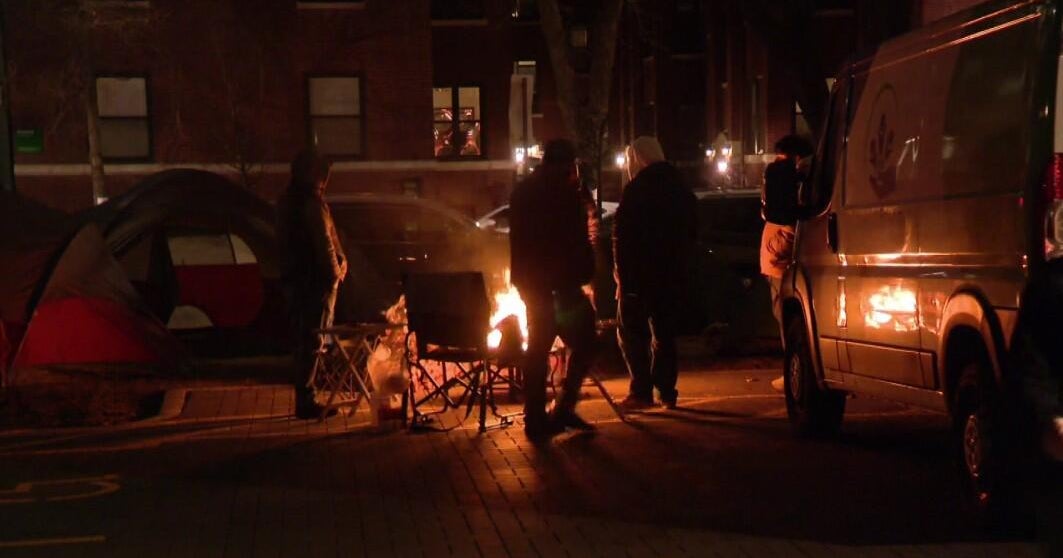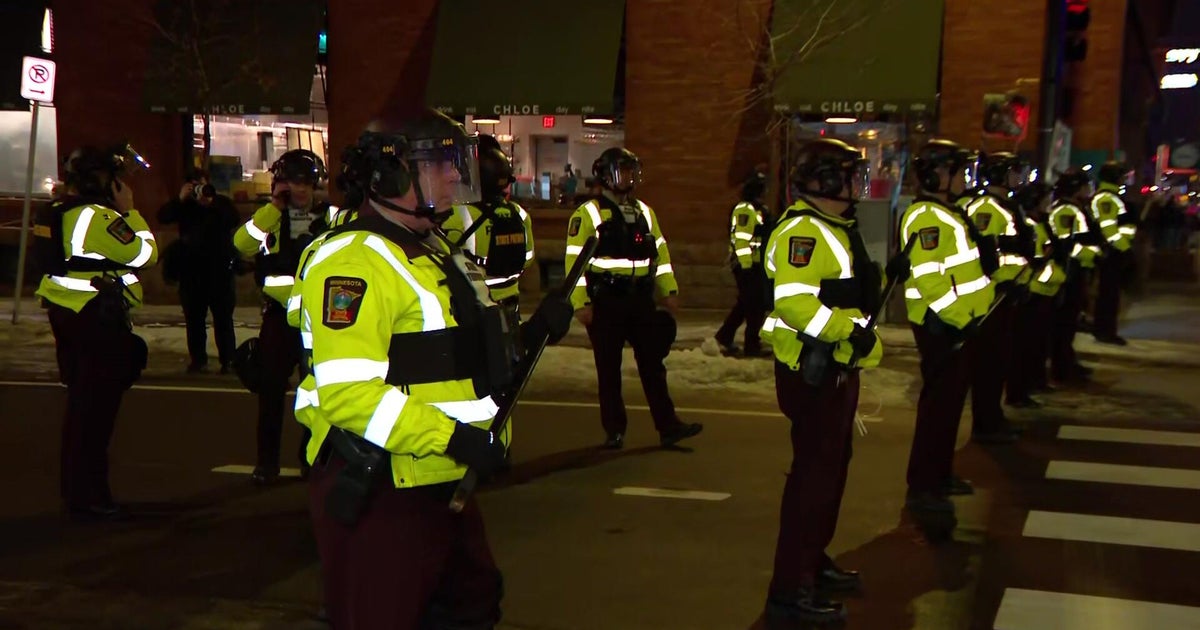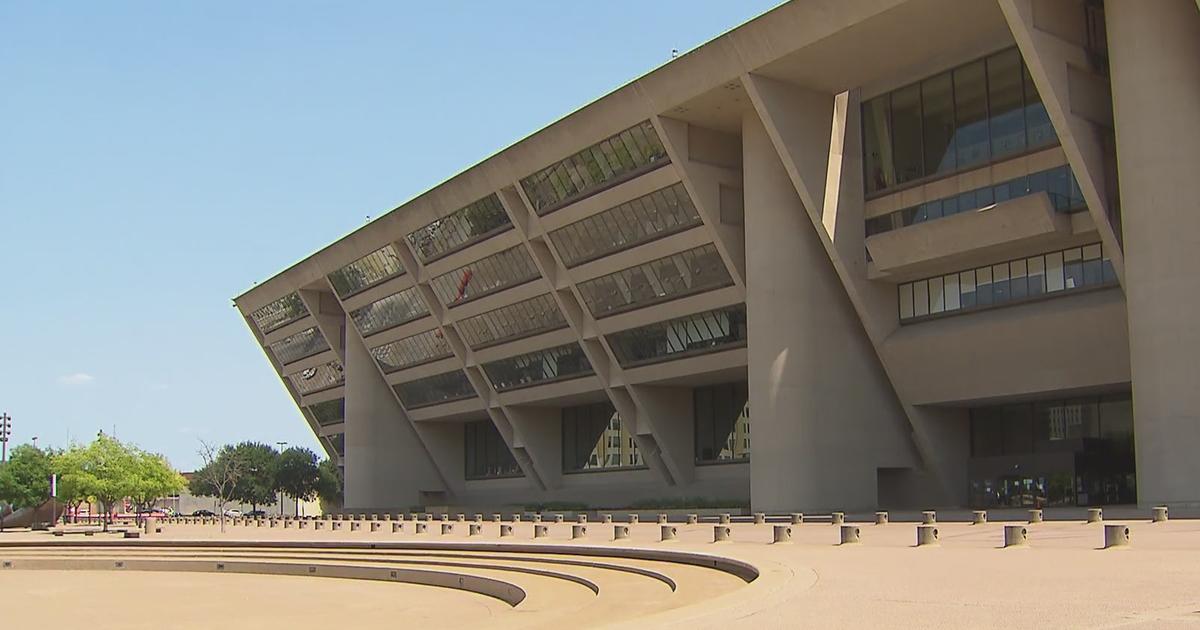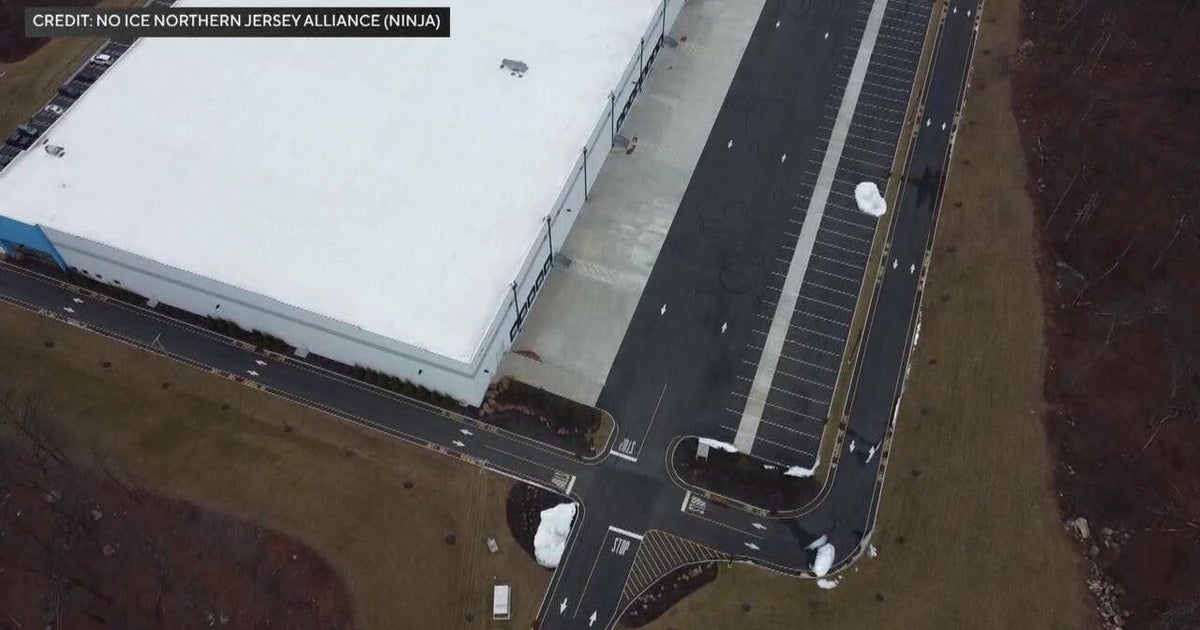City Council OKs Mayor's Digital Billboard Plan
CHICAGO (CBS) -- The Chicago City Council has approved a 20-year deal to place 34 digital billboards on city property along local expressways and tollways.
CBS 2 Chief Correspondent Jay Levine reports, while the city makes about $1 million a year in licensing fees for 1,000 traditional billboards, the 34 digital billboards allowed under the deal would generate $15 million in revenue next year.
The Emanuel administration's contract for the new billboards goes to a partnership between J.C. Decaux, the French company which put up the city's bus shelters, and Interstate Outdoor Advertising. The bus shelter deal has netted the city $57 million in its first 10 years.
The deal allows the companies to place 100-foot tall billboards on city property along the Dan Ryan, Eisenhower, Kennedy, and Stevenson Expressways; the Chicago Skyway; and the Illinois Tollway. The deal guarantees the city at least $180 million in revenue over 20 years.
There are already two digital billboards along the Kennedy, the brightly lit ads on them changing periodically. They were grandfathered in by city ordinance, on private property, and earning next to nothing for the city.
The city hopes the 34 new 100-foot tall digital billboards, on city property, could bring in nearly $300 million over the next 20 years.
Ald. Bob Fioretti, one of only six aldermen to vote against the deal, said the contract sounds too good to be true.
"I'm not convinced that we are really having a healthy debate here on something that we're terribly interested in, and that concerns me," he said. "This has parking meter lease all over it. I know we are here monetizing a new asset, but how do we know it's the best value? Just like the parking meters, it's déjà vu all over."
Fioretti and other aldermen opposed to the new digital billboards were overwhelmed by those unwilling to look a gift horse in the mouth.
Ald. Brendan Reilly (42nd) rejected comparisons of the digital billboard deal to the controversial 75-year lease of the city's parking meters, which sent parking rates soaring, and was marred by malfunctioning meters at the start of the deal.
"People are concerned about is this the parking meter deal all over again? It's not. There's a big difference. The city of Chicago will be taking otherwise useless, worthless land along the expressway, and monetizing it," Reilly said.
That's a stark difference from the parking meter deal, in which the city handed over all of its parking meter revenue to a private firm for 75 years, in exchange for a $1.156 billion up-front payment – much of which has already been spent. That deal also requires the city to reimburse the parking meter firm when it loses parking revenue to street closures and use of disabled parking placards.
The mayor's allies also argued the billboard deal was not rushed through City Council like the parking meter deal was, but carefully bid and discussed.
Ald. Patrick O'Connor (40th), the mayor's floor leader, said comparing the two deals was "disingenuous," given the parking meter deal was pushed through the City Council in about a day, while the digital billboard deal has been under consideration for more than a year.
The vote for the billboard deal was 43-6; a big victory for Mayor Rahm Emanuel. He said it's a big win for taxpayers too.
"I believe $15 million a year, $100 million over the life of this allows us to tell our property tax payers – as we just did on the budget – no on property tax increases, no on sales tax increase, no on a fuel tax increase."
The mayor also pledged to go after the owners of the older billboards, and make them sign similar deals.
"Simple principle: They make more money, we'll make more money," he said.
The mayor is pushing for a percentage of gross revenues from billboards, not net profits, which protects taxpayers from any financial funny business. Six thousand companies were involved in a 13-month bidding process for the digital billboards. That alone, the mayor's office said, was reason enough to discourage comparisons to the disastrous parking meter deal pushed by former Mayor Richard Daley, where taxpayers really got fleeced.
